While the rise of technology has brought many benefits, it has also introduced new challenges, especially for scientists. Technology has greatly accelerated research, making processes more efficient and reducing the time required for each project. However, with these advancements come higher expectations for scientists to work faster and produce more. This increase in workload can sometimes lead to a drop in the quality of their research. One way to maintain high standards is for scientists to collaborate with experts from other fields, such as illustrators. These professionals can help enhance the quality of scientific work, especially when it comes to visual representation. Scientists seem to need designers and illustrators to save time for thinking more about their research.
Six reasons that scientists need designers
Here are some key reasons why scientists need designers and benefit from working with illustrators:
1. To Explain Complex Data
Scientific research often involves complex data that can be difficult for others to understand. Visual aids such as charts, graphs, and diagrams can make this data clearer and easier to interpret. A well-designed visual can help scientists communicate their findings effectively to a broader audience, from fellow researchers to the general public.
2. To Make Publications More Attractive
It’s well-known that an eye-catching design can make a research paper or article more appealing. High-quality illustrations, clear figures, and visually appealing layouts can draw attention and make the content more engaging. This is especially important in academic journals, where competition for readers is high.
3. To Increase Engagement
In today’s world, many people prefer concise, visually engaging content over long, text-heavy material. By summarizing key points through clear and memorable images, designers can help scientists present their findings in a way that attracts and retains the audience’s attention. This can be especially useful when communicating complex concepts to non-experts.

4. To Create Educational Materials
Learning is often more effective when accompanied by visual aids. Illustrations, graphs, and diagrams can greatly enhance the learning experience by making abstract concepts more tangible. For scientists who teach, collaborating with a designer can help them create educational materials that are both informative and easy to understand.
5. To improve the chance of acceptance
These days we witness scientific image improvements in different aspects, like aesthetic visions and quality. So, journals will reject manuscripts with low-quality figures. In addition, high-quality and attractive figures may positively affect on referees and editors.
6. To Enhance Communication
Finally, graphic designers can help improve communication between scientists and their audiences. For example, graphical abstracts, visual summaries of research, or informative diagrams can bridge the gap between technical jargon and accessible explanations. These visual tools can foster better interaction between professors and students, and also between researchers and the public.
How scientists can collaborate with designers?
While scientists are experts in their fields, designers and illustrators play an essential role in making their work more accessible, engaging, and effective. By collaborating with graphic professionals, scientists can ensure their research is clearly communicated and easily understood, leading to greater impact in both the academic community and beyond.
If scientists want to create a chart or figures without the help of any graphic designer, they can use PowerPoint and the World, but the result would not be efficient enough. But if scientists need designers and illustrators, another suggestion is to order a scientific illustration on the Inmywork website and you can keep in touch with our team for the scientific visualization.
Recent Journal Cover Designs
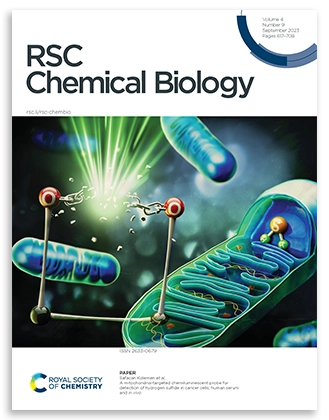
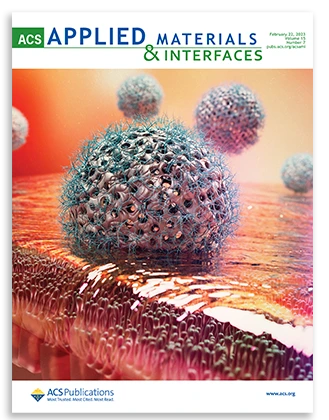
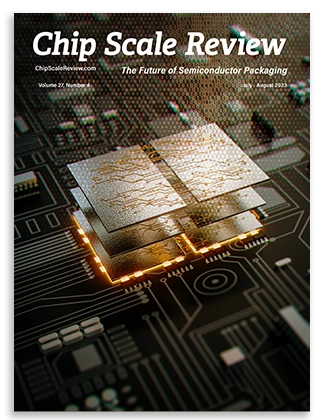
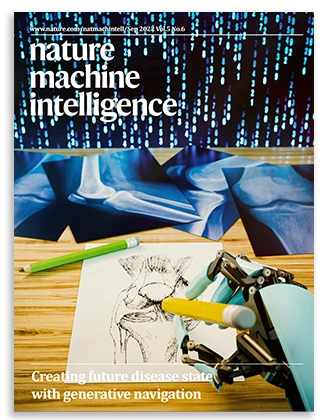

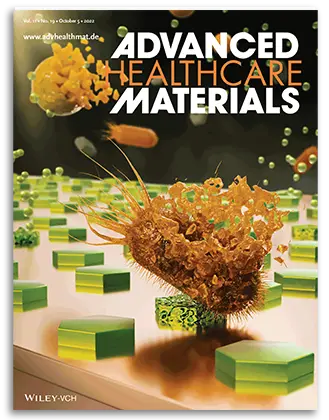




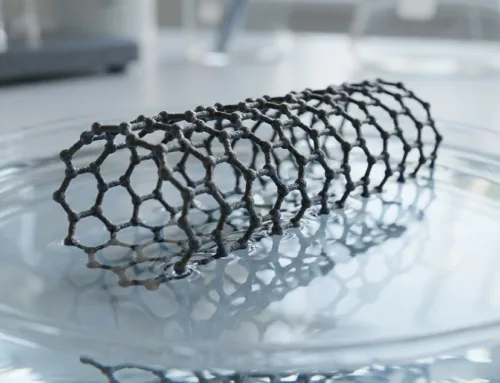
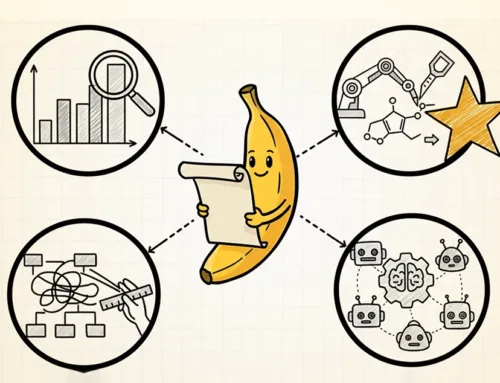
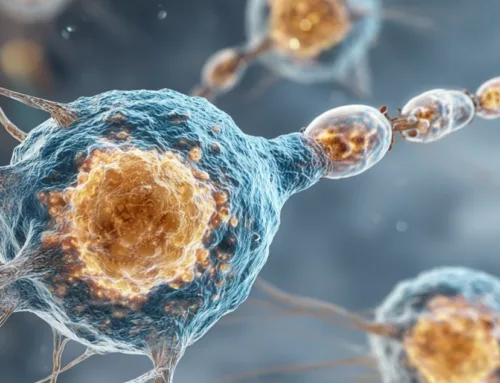
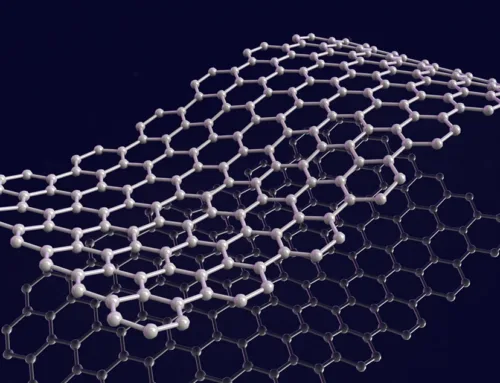
Leave a Reply